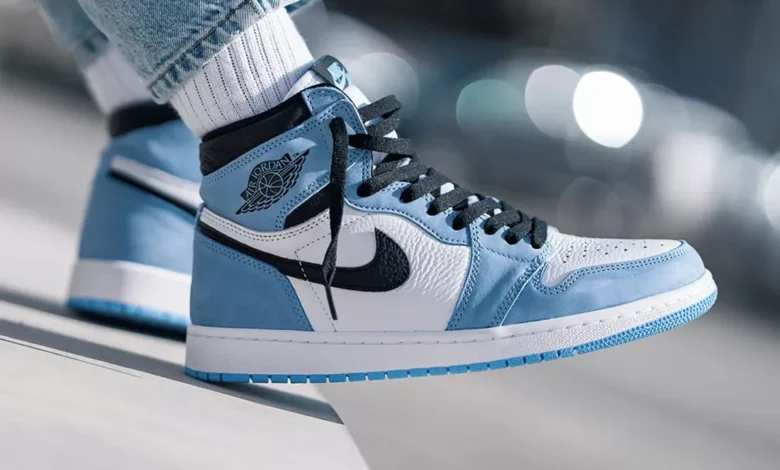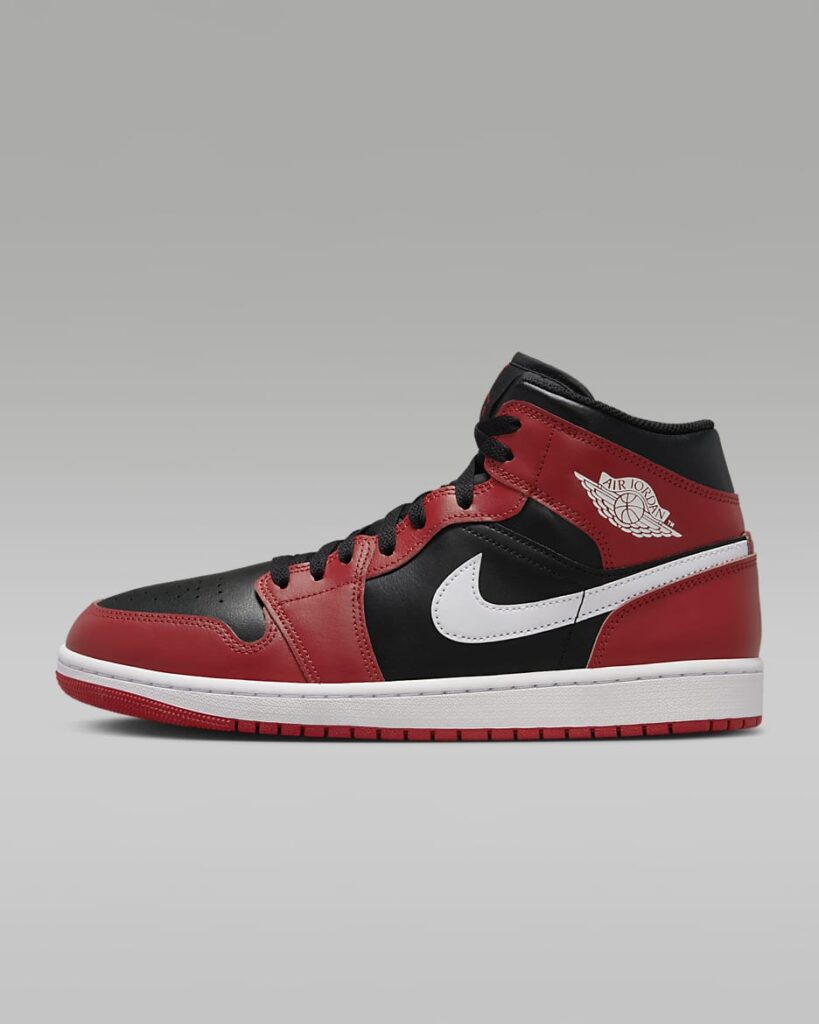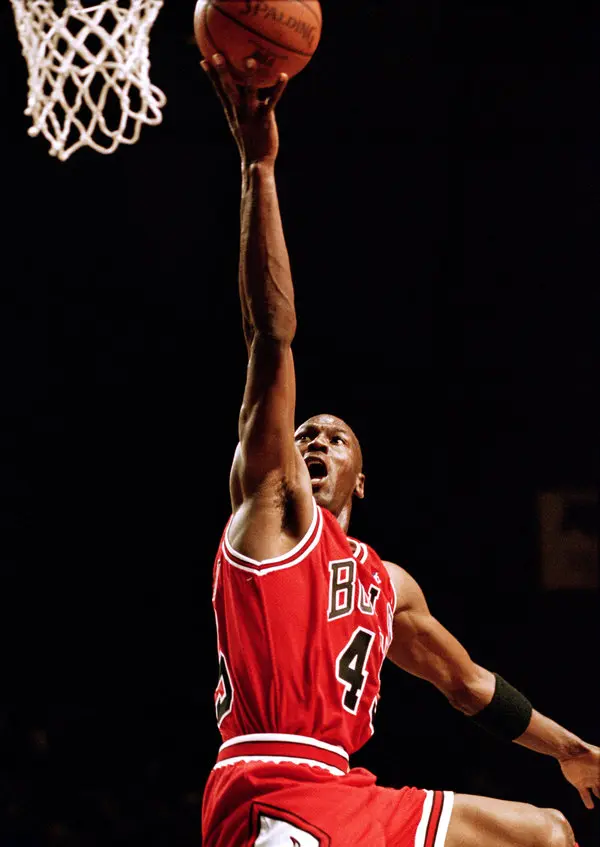From Rookie Deal to Global Icon: How Jordan Brand Redefined Sneaker Culture

From Rookie Deal to Global Icon: How Jordan Brand Redefined Sneaker Culture. What started as a rookie sneaker deal turned into one of the most powerful brands in sports and fashion history. Jordan Brand is more than just a line of basketball shoes—it’s a cultural movement that has shaped sneaker culture, hip-hop, and streetwear for decades. From its rebellious origins with the banned Air Jordan 1 to its dominance in high fashion and global markets, Jordan Brand’s rise was fueled by strategic marketing, innovation, and an unwavering connection to its audience. This article explores the key moments, challenges, and strategies that transformed Jordan Brand from a risky endorsement into a multibillion-dollar empire.
The Birth of a Legacy: A Rookie Deal That Changed Everything
In 1984, Michael Jordan was a promising rookie entering the NBA with an undeniable talent and a competitive edge. At the time, Nike was struggling to gain market share in the basketball shoe industry, lagging behind brands like Converse and Adidas. Seeking a way to disrupt the market, Nike took a bold risk: they signed Jordan to an endorsement deal worth $2.5 million.
Nike’s gamble paid off. They designed the first Air Jordan sneaker, a high-performance basketball shoe infused with style and personality. However, controversy surrounded the Air Jordan 1, as the NBA banned it for violating uniform regulations. Instead of backing down, Nike turned the ban into a marketing coup, pushing the rebellious narrative that wearing Jordans meant breaking the rules and standing out. This strategy ignited a cultural movement, making Air Jordans more than just sneakers—they became a symbol of defiance and self-expression.

The Turning Point: The Rise of Sneaker Culture
The Air Jordan brand didn’t just thrive because of Michael Jordan’s dominance on the court; it flourished due to the cultural significance that the shoes carried. The 1990s saw a massive shift in sneaker culture, as Jordans became a staple in hip-hop and streetwear. Iconic moments, such as Spike Lee’s commercials featuring Mars Blackmon, amplified the brand’s cultural appeal, bridging the gap between sports, fashion, and entertainment.
Jordan’s on-court success, including six NBA championships, only added to the brand’s mystique. Every new release was met with immense hype, as fans saw the sneakers as a piece of basketball history. Limited-edition drops and retro re-releases created scarcity, driving demand and making Jordan sneakers must-have items.
Marketing Mastery: The Power of Storytelling and Exclusivity
One of the Jordan Brand’s most effective strategies has been its ability to tell stories through its products. Each Air Jordan model carries a narrative tied to a significant moment in Michael Jordan’s career, from game-winning shots to championship victories. This emotional connection makes consumers feel like they’re buying more than just a sneaker—they’re buying a piece of history.
The brand also mastered the art of exclusivity. By releasing limited quantities of each sneaker, Jordan Brand cultivated an aura of rarity, driving demand and resale value. Collaborations with artists, designers, and luxury brands—such as Travis Scott, Off-White, and Dior—further elevated Jordan sneakers into the realm of high fashion and streetwear dominance.

Overcoming Challenges: Adapting to a Changing Market
Despite its success, Jordan Brand faced challenges, particularly in staying relevant beyond Michael Jordan’s playing career. To maintain its cultural influence, the brand shifted its focus to lifestyle products and endorsements with new-generation athletes like Zion Williamson and Luka Dončić. Additionally, collaborations with cultural icons like Drake and Billie Eilish helped attract a younger audience, ensuring the brand’s continued relevance.
The rise of counterfeit products also posed a threat, but Jordan Brand countered this by leveraging digital authentication tools and strengthening its direct-to-consumer approach through Nike’s SNKRS app, making releases more controlled and engaging.
Global Expansion: A Sneaker Empire Without Borders
What began as a U.S.-focused brand quickly became a worldwide phenomenon. Jordan Brand expanded into international markets by capitalizing on basketball’s global appeal. By sponsoring elite basketball teams, hosting global sneaker events, and opening flagship stores in major cities like Paris and Tokyo, Jordan Brand solidified its presence as a global powerhouse.

Lessons for Entrepreneurs: What Can Be Learned from Jordan Brand’s Success?
- Create a Strong Brand Narrative – People connect with stories, not just products. Jordan Brand’s storytelling makes each sneaker release an event.
- Leverage Exclusivity and Scarcity – Limited-edition drops and strategic collaborations enhance desirability and keep demand high.
- Expand Beyond the Core Product – Jordan Brand evolved from basketball shoes to a full-fledged lifestyle brand by adapting to market trends.
- Embrace Cultural Relevance – Tapping into music, fashion, and entertainment helped the brand maintain its influence across generations.
- Control Distribution Channels – Owning the consumer experience through direct-to-consumer sales allows for better brand management and reduces counterfeit risks.
Conclusion: From the Court to the Streets
Jordan Brand’s journey from a risky rookie deal to a multibillion-dollar sneaker empire is a testament to strategic marketing, cultural influence, and brand evolution. By intertwining sports, fashion, and storytelling, the brand transcended its original purpose and became a global icon. For entrepreneurs, Jordan Brand’s success serves as a blueprint for building an enduring brand—one that doesn’t just sell products but creates a lifestyle and legacy.




